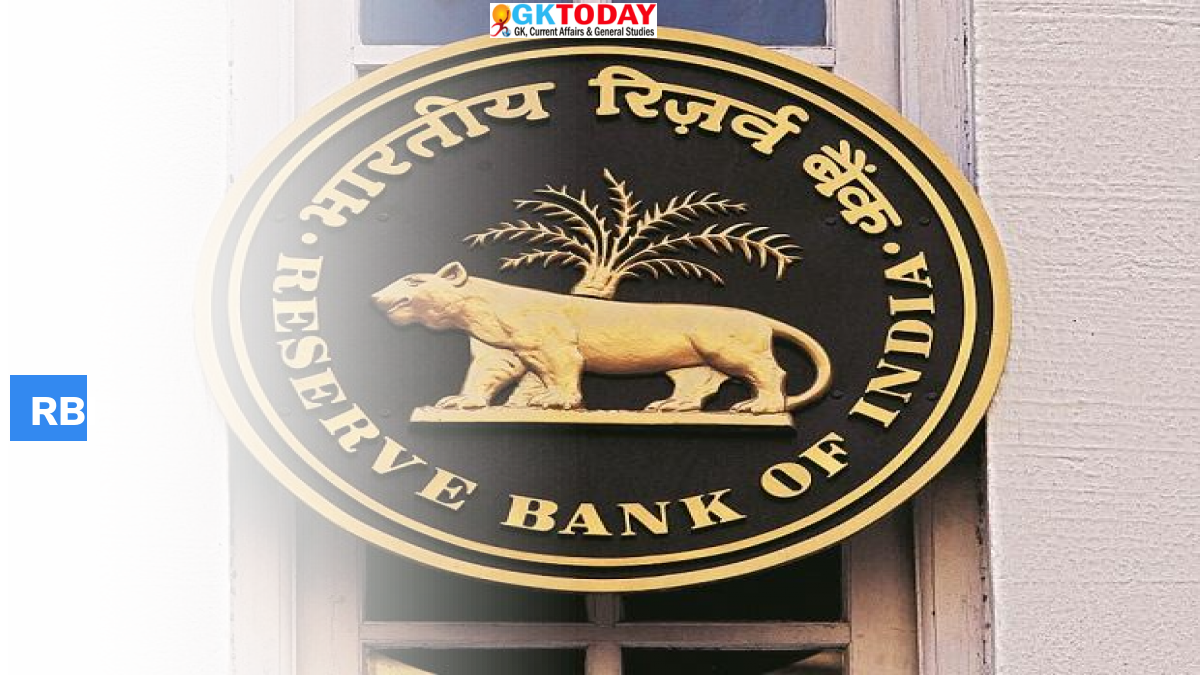Draft Omnibus Framework for recognising Self-Regulatory Organisations (SROs) for its Regulated Entities (REs)
The Reserve Bank of India (RBI) has released a ‘Draft Omnibus Framework for Recognising Self-Regulatory Organisations (SROs) for its Regulated Entities (REs).’ The draft framework aims to establish better industry standards for self-regulation and addresses challenges in regulating the rapidly growing sector effectively. The RBI is seeking comments from stakeholders on the draft, which includes broad parameters for SROs, such as objectives, responsibilities, eligibility criteria, governance standards, and the application process for recognition. The overarching objectives include fostering advancement, addressing industry concerns, promoting professionalism, compliance, innovation, and ethical conduct.
Key Points
- Background: The need for the framework arises from the rapid growth of Regulated Entities (REs) and the adoption of innovative technologies, making it challenging for the RBI to regulate the sector effectively.
- Draft Omnibus Framework: The draft framework outlines objectives, responsibilities, eligibility criteria, governance standards, and the application process for the recognition of Self-Regulatory Organisations (SROs) for REs.
- Applicability: The framework is applicable to any SRO and emphasizes objectives for the betterment of the represented sector, fostering advancement, and addressing critical industry concerns within the broader financial system.
- Role of SROs: SROs are expected to adhere to self-regulatory principles, practices, and conventions conducive to sector development. They are to promote a culture of compliance, protect stakeholder interests, act as a bridge between REs and the RBI, and operate with transparency, professionalism, and independence.
- Code of Conduct: SROs should frame and implement a comprehensive code of conduct for members, establishing minimum benchmarks and conventions for professional market conduct.
- Protection of Interests: SROs are expected to protect the interests of customers, depositors, participants, and other stakeholders in the ecosystem, acting as allies to the RBI in ensuring compliance, sector development, stakeholder protection, fostering innovation, and detecting early warning signals.
- Transparency and Governance: SROs should operate with transparency, professionalism, and independence to foster greater confidence in the integrity of the sector. Compliance with the highest standards of governance is considered a prerequisite for effective SROs.
- Stakeholder Comments: The RBI has invited comments from stakeholders on the draft framework. The final omnibus framework will be issued after considering stakeholder feedback.
- Application Process: The RBI will issue a separate notification inviting applications for SROs for a category/class of its REs within the final omnibus framework.
Month: Current Affairs - December, 2023
Category: Economy & Banking Current Affairs - 2024


